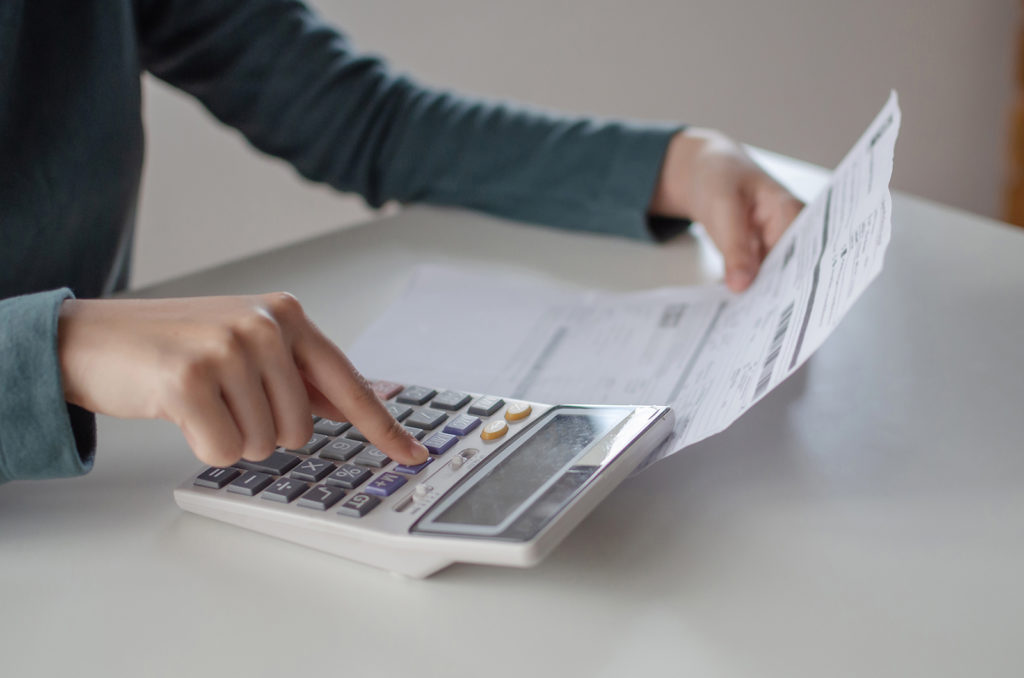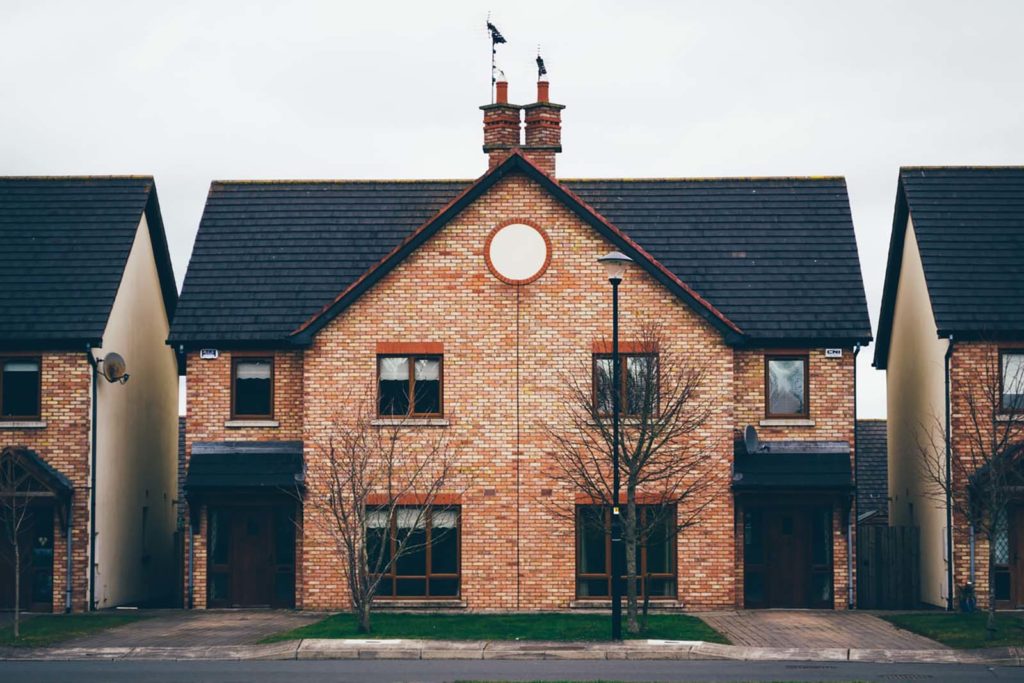If you’re struggling with debt and looking into your potential options, it’s important to understand not only the benefits of each debt solution but also any drawbacks that could arise. In the case of individual voluntary arrangements (IVAs), the consequences of pursuing this popular debt solution could involve your home and mortgage.
In this article, we recap just what an IVA is, how your mortgage could be affected and whether any future mortgage applications will be influenced by your use of an IVA.
What is an individual voluntary arrangement (IVA)?

An Individual Voluntary Arrangement (IVA) is a legally binding agreement between a debtor and their creditors that could help you to repay your unsecured debts at an affordable rate. IVAs do not have a set time limit but often last for between five to six years, or less if you can generate a lump sum to put towards your debts. During this time, you will be required to make regular repayments at a rate that has been calculated to suit your financial situation, in return for protection from your creditors taking enforcement action against you. If your debts have not been paid in full by the end of the IVA, the remaining balance will be written off.
An IVA can only be set up with the agreement of the creditors holding 75% of your unsecured debts, along with the assistance of an insolvency practitioner (IP), whose own fees will be drawn from your regular repayment amount. This debt solution is only available to those debtors living in England, Wales and Northern Ireland – although Scottish debtors may be able to achieve a relatively similar result by arranging a protected trust deed.
Will an IVA affect my existing mortgage?

First things first, any secured creditors that you have are likely to expect you to continue making full repayments towards those debts throughout the life of an IVA. This means that, if you do have an existing mortgage, you will be expected to make regular mortgage payments to your provider in full – in addition to any payments you are required to make to your unsecured creditors through an IVA.
In some cases, your creditors may propose that you sell your home and downsize or move to rental accommodation to save money – mostly in cases where your existing mortgage payments could be deemed excessive. This may suit their interests, but will depend on your exact circumstances as forcing to sell could have negative implications for them too – particularly if your property’s value has fallen below the redemption cost of your mortgage. In such cases, selling up could leave you with an additional unsecured debt that could further lower the amount you’d pay to each creditor through an IVA.
Will I have to remortgage on an IVA?
If you own your home, its value will be accounted for within your IVA. Your agreement may include a provision that requires you to seek a valuation of your property towards the end of the arrangement (often within the final year), in order to find out how much equity is in it. For reference, equity is the amount of your home that you own – or the money that you would make from selling it after paying off any outstanding mortgages.
If a valuation indicates that there is equity in the property, you may be required to remortgage your home to raise a lump sum that can be put towards your IVA. The threshold equity figure varies depending on your IVA, but as a general rule you may be asked to consider remortgaging if there is more than £5,000 of equity in the property. The amount that you are expected to raise from remortgaging will be limited to reflect your own circumstances and you will not ordinarily be expected to sell your home. Similarly, in most cases you will not be expected to remortgage your property for longer than the term of an existing mortgage or beyond your state retirement age.
What happens if I can’t remortgage?

It is quite possible that you will be unable to remortgage your property – even if your IVA requires you to do so. This is because having an IVA can seriously impact on your ability to take out any further credit, with an arrangement appearing on your credit file for a period of six years from the date it begins, and your name being added to the Individual Insolvency Register until 3 months after your IVA ends.
A diminished credit score could make it much more difficult to find a provider who is willing to offer you a mortgage and so you may be unable to satisfy the full requirements of your IVA agreement. In such cases, and with the guidance of your insolvency practitioner, it may be that you can complete your IVA by extending it for a further period (of 12 months, for example) whilst continuing to pay your usual regular contributions.
Can you keep your home out of an IVA?
In some circumstances, you may be able to keep your home out of an IVA – but this will subject to the agreement of your creditors. Only by looking at your unique circumstances can it be said whether it will be realistic to exclude your property from an IVA, and an insolvency practitioner will be well placed to provide guidance on this subject.
Will an IVA affect my chances of getting a mortgage?

An IVA is usually sought out by debtors who are struggling with their financial situation and need relief from often high monthly repayments. As an insolvency solution, an IVA is rarely a helpful feature of your credit record when it comes to finding a competitively priced mortgage.
Before the financial crisis of the late 2000s, many banks and building societies took a relaxed approach to lending and frequently approved credit applications from people with poor credit histories (often known as ‘sub-prime’ lending). Many financial experts believe that this was one of the major causes of the financial crash, and so lenders today are much more cautious about who they extend credit to.
An IVA will remain on your credit file for six years from the date it begins, with your name also being added to the Individual Insolvency Register. Having this, or any other history of bad credit, can make it incredibly difficult to find a competitively priced mortgage whilst such markers remain on your file. As a result of this, some people find it considerably easier to wait for negative credit events to drop from their file before seeking out a major source of credit such as a new mortgage. Before this time, you may still be able to successfully apply for a mortgage, but this could come at a greater cost and you may need to save up a larger deposit.
Should you avoid an IVA if you want to get a mortgage?
As we’ve covered in this article, having an IVA on your credit file can have major implications when it comes to getting a mortgage. Certain sources even claim that those debtors who want to get a mortgage in the relatively near future should avoid an IVA and instead opt for an informal Debt Management Plan (DMP). This advice is not necessarily accurate and which debt solution is most appropriate for you will very much depend on your personal circumstances.
All debt solutions will influence your credit report and rating, which can make it difficult to get a mortgage. In any case, seeking out qualified financial advice can help you to choose the debt solution that is most likely to help resolve your debt problem.

